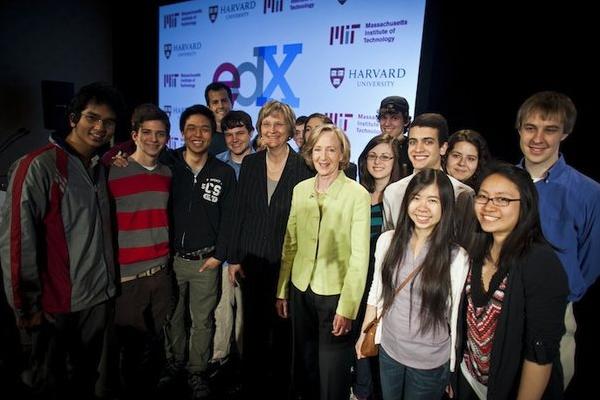CS50 has actually been available as OpenCourseWare since 2007 via CS50.tv (and, more recently, via Fire TV, iTunes U, Roku, and YouTube), whereby all videos, handouts, and more can be freely downloaded. (We began to offer CS50 via Harvard Extension School to students online that same year, which is why we had videos!) For quite some time, though, that OpenCourseWare offered a fairly passive experience. Anyone online could easily watch the course's videos and peruse its handouts, but actually doing the course's problem sets (i.e., programming assignments) required figuring out how to create for oneself a programming environment like the course's own (Linux cluster), to which only registered students had access. And installing gcc and gdb (not to mention CS50's own C library) is sometimes easier said than done!
And so in 2009 (I think), we released the CS50 Appliance, a downloadable virtual machine via which anyone could run within a window on their own Mac or PC an environment quite like that used on campus. The hope was to empower anyone on the Internet to tackle the course's problem sets so that they might, ultimately, engage with the course far more actively. In Fall 2011, we actually replaced the course's on-campus cluster with the CS50 Appliance itself.
In Spring 2012, meanwhile, we heard that Harvard might soon be partnering with MIT to launch what became known as edX. Without quite knowing what we were volunteering to do, we volunteered to be Harvard College's first course on the platform. We knew it somehow related to OpenCourseWare, and that was enough! It's the right thing to do, opening up courses so that anyone in the world can learn. And, as it so happened, that the (client-side) CS50 Appliance already existed allowed us to scale to any number of students right out of the gate.
Although CS50's involvement in edX wasn't announced until a few months later, some might have inferred as much on the day of edX's debut!



No comments yet, come on and post~